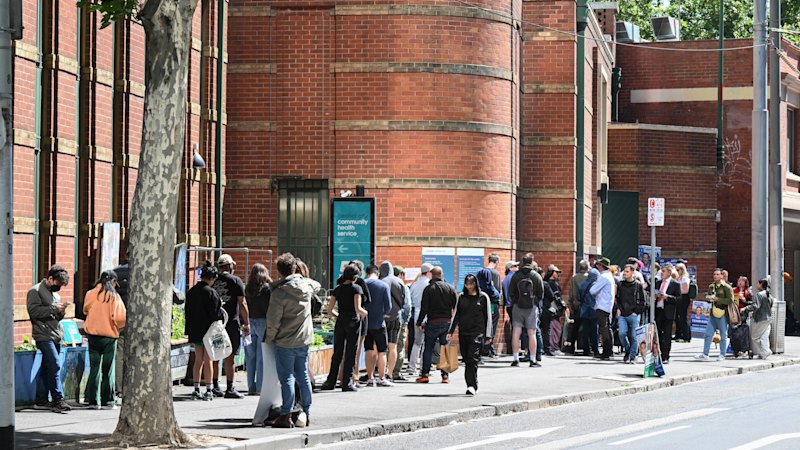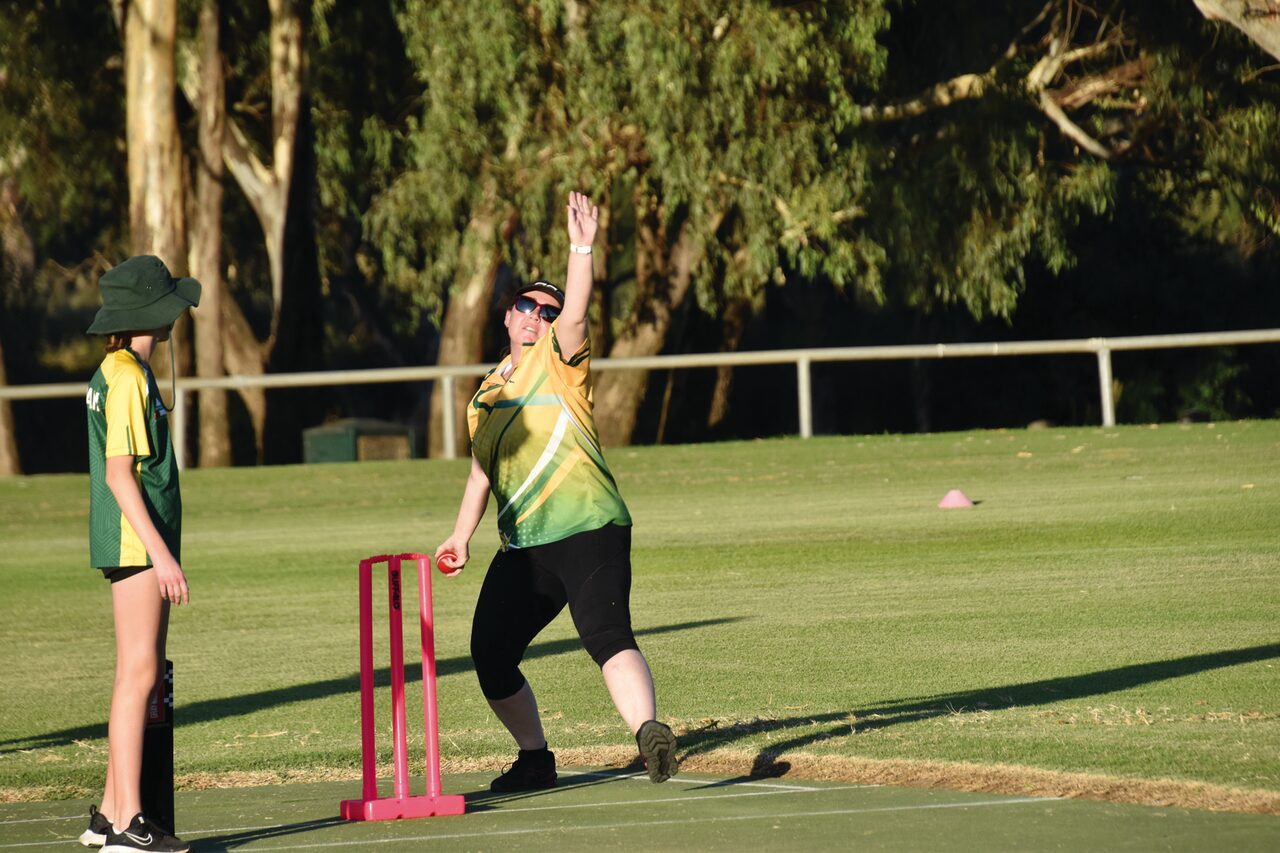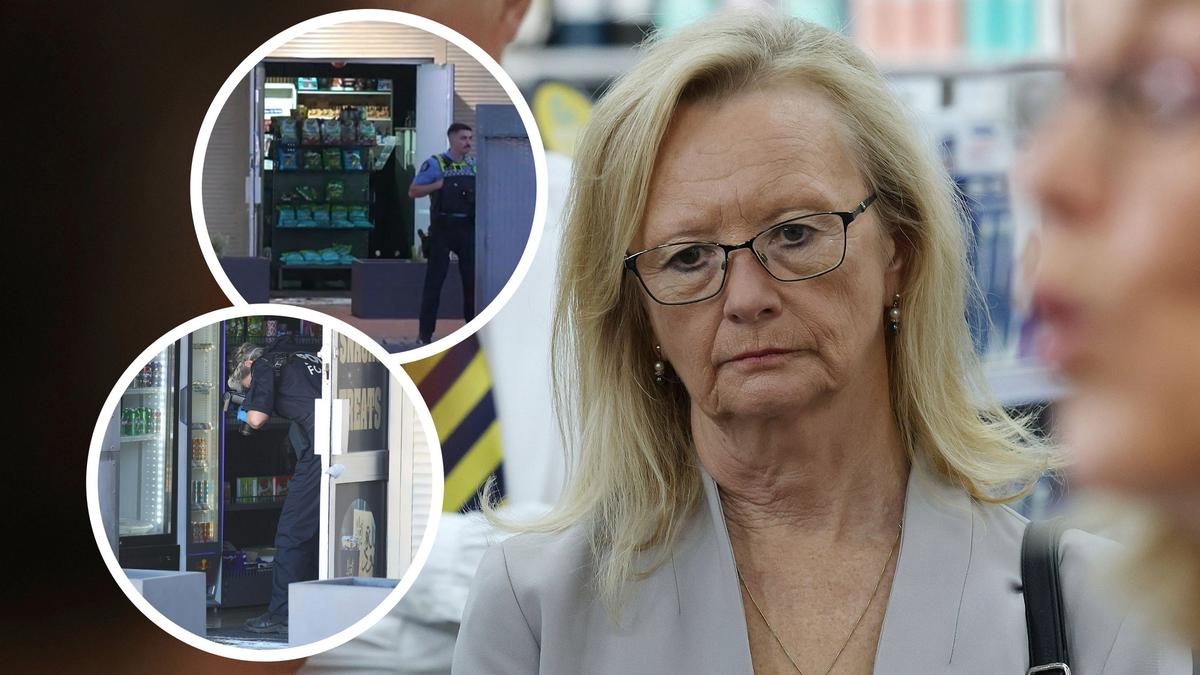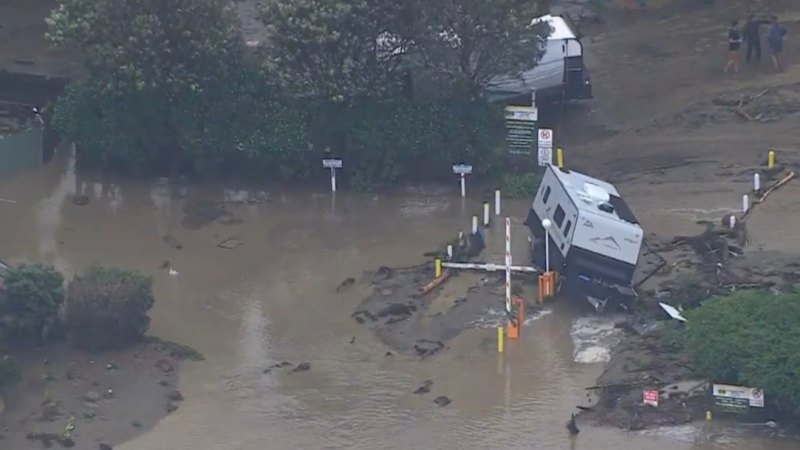
The Victorian Electoral Commission (VEC) has recommended the implementation of electronic voting to replace the current postal voting system for local council elections. This call follows a detailed review of the 2024 local government elections, which highlighted significant logistical challenges and raised concerns over transparency and candidate affiliations.
In its report, released on Wednesday, the VEC stated that the logistical demands of conducting a weeks-long postal voting process for the state’s 79 councils were unsustainable. The commission urged the state government to explore electronic voting as a viable alternative, emphasizing the need for a clear legislative framework to facilitate this transition.
Concerns Over Election Integrity and Candidate Disclosure
The October 2024 council elections were marred by a protracted vote counting process, two confirmed instances of voting fraud, and heightened public concern about the lack of transparency in candidates’ political affiliations and campaign financing. The VEC has suggested that, alongside the shift to e-voting, candidates should be required to disclose their political party memberships on ballots. This change would align Victoria with practices in New South Wales, South Australia, and Queensland, addressing loopholes that allow candidates to run as “independents” while having affiliations with major political parties.
Currently, candidates must voluntarily indicate their party endorsements on a questionnaire submitted with their nomination forms. This system has been criticized, particularly after reports revealed that numerous candidates labeled as “independents” were, in fact, affiliated with significant political parties, such as the Labor Party in Brimbank.
The VEC noted that there is a public demand for greater transparency regarding candidates’ political backgrounds, suggesting that party membership could serve as an important indicator of their political motivations. The report states, “Party membership is an accepted indicator of candidates’ political engagement and motivations, even when parties do not routinely pre-select and endorse candidates for local government elections.”
Despite these recommendations, the VEC’s proposal does not mandate the submission of the questionnaire, allowing candidates the option to withhold their party membership information if they choose not to participate.
Reforming Local Government Structures
In addition to advocating for e-voting and candidate disclosure, the VEC report calls for a comprehensive overhaul of local government structures to better represent rapidly growing populations in certain areas of Melbourne. The commission recommends increasing the maximum number of councillors beyond the current limit of 12 to ensure that high-growth municipalities, such as Casey and Whittlesea, receive adequate representation.
The 2024 elections were unprecedented in scale, with 466 individual elections conducted—an increase of 168 since 2020—due to the restructuring of electoral wards. The transition to a fully postal voting system contributed to a lengthy counting process and an increased number of candidates.
Despite the challenges faced during the elections, Electoral Commissioner Sven Bluemmel emphasized the success of the election process itself. He noted that the two instances of electoral fraud were quickly identified and addressed, contributing to a record low in informal voting. “The 2024 council elections were the most complex to date and they were successfully delivered,” Bluemmel stated. “Our focus is on the integrity of elections. When issues arose, our people and systems caught them quickly and responded rapidly.”
The Minister for Local Government, Nick Staikos, has been approached for comments regarding these recommendations. The ongoing discussions around electoral reform in Victoria reflect a broader commitment to improving democratic processes and ensuring that elections are conducted with integrity and transparency.







